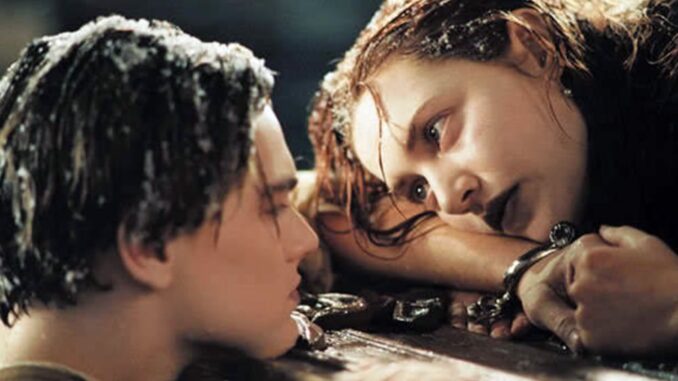
The Unsinkable Question: Rose, Jack, and the Moral Weight of a Plank
The sinking of the Titanic wasn't just a maritime disaster; it was a breeding ground for enduring ethical dilemmas. And none is more hotly debated, even decades later, than the question of Rose DeWitt Bukater and the wooden panel that floated her to safety. Did Rose condemn Jack Dawson to a watery grave by selfishly keeping the raft to herself? The internet is rife with calculations, diagrams, and accusations, painting Rose as everything from a clueless socialite to a cold-blooded survivor. While it’s easy to succumb to armchair criticism, a deeper examination reveals a far more nuanced situation, fraught with panic, the limitations of human judgment under duress, and the very real constraints of a fictional scenario.
Firstly, the immediate context must be considered. The Titanic had just plunged into the icy Atlantic, scattering its passengers into frigid waters. Hypothermia was a swift killer, and the survivors were disoriented, terrified, and desperate. To expect rational, calculated decision-making from a nineteen-year-old, recently freed from societal shackles and witnessing unimaginable horror, is perhaps asking too much. Rose was not a seasoned survivalist; she was a sheltered young woman suddenly thrust into the unforgiving reality of a life-or-death situation. In such a state of panic, it's reasonable to assume that her actions were driven by instinct and a primal urge to survive, not by malicious intent or a calculated disregard for Jack's life.
Furthermore, the physics of the situation, endlessly scrutinized by amateur engineers, adds another layer of complexity. While the mythbusters attempted to prove that the panel could have supported both Rose and Jack, their experiment took place in controlled conditions. They were not contending with frigid water, debilitating fear, and the physical exhaustion of having just escaped a sinking ship. The panel's buoyancy might have been sufficient to keep Rose afloat, but adding Jack's weight could have submerged it just enough to render them both vulnerable to the deadly chill. Maintaining a stable position in such treacherous conditions would have required immense strength and coordination, resources that were likely depleted for both of them. The reality is, we simply cannot know with certainty whether two people could have safely occupied that piece of debris.
Beyond the practical considerations, the question of blame also hinges on the power dynamics inherent in the situation. Jack, a penniless artist, had risked his life to save Rose on numerous occasions throughout the voyage. In those moments of heroism, he established himself as a protector. It is arguably in keeping with his character that he would prioritize Rose’s survival, even at his own expense. He knew she was terrified, she was less experienced in navigating difficult circumstances, and he had already demonstrated a commitment to her safety. His final words, urging her to survive and live a full life, suggest a deliberate choice to prioritize her well-being, a choice that cannot be easily dismissed as solely Rose's fault.
Finally, it’s crucial to remember that Titanic is a work of fiction, a carefully crafted narrative designed to evoke specific emotions and explore particular themes. James Cameron, the director, has repeatedly stated that Jack's death was a narrative necessity, a symbolic sacrifice that allows Rose to fully embrace her freedom and live the life she was denied. To fixate solely on the practicality of the plank is to miss the larger point of the story. Titanic is not a documentary; it's a romantic tragedy about class disparity, societal expectations, and the enduring power of love. Jack's death, however heartbreaking, serves as a catalyst for Rose's transformation and ultimately underscores the film's message about seizing life and living it to the fullest.
In conclusion, while it’s tempting to cast Rose as a villain, a more thoughtful analysis reveals a far more complex and sympathetic figure. She was a victim of circumstance, thrust into a nightmare scenario that demanded unimaginable choices. While the question of whether the plank could have held both her and Jack remains a matter of debate, her actions were likely driven by a combination of panic, exhaustion, and a belief, instilled perhaps by Jack himself, that her survival was paramount. Ultimately, blaming Rose for Jack's death ignores the larger context of the tragedy, the limitations of human behavior under extreme duress, and the carefully crafted narrative that shapes the enduring power of the film Titanic. The real tragedy isn’t the raft; it’s the heartbreaking loss of life and the enduring reminder of the fragility of human existence in the face of overwhelming disaster.